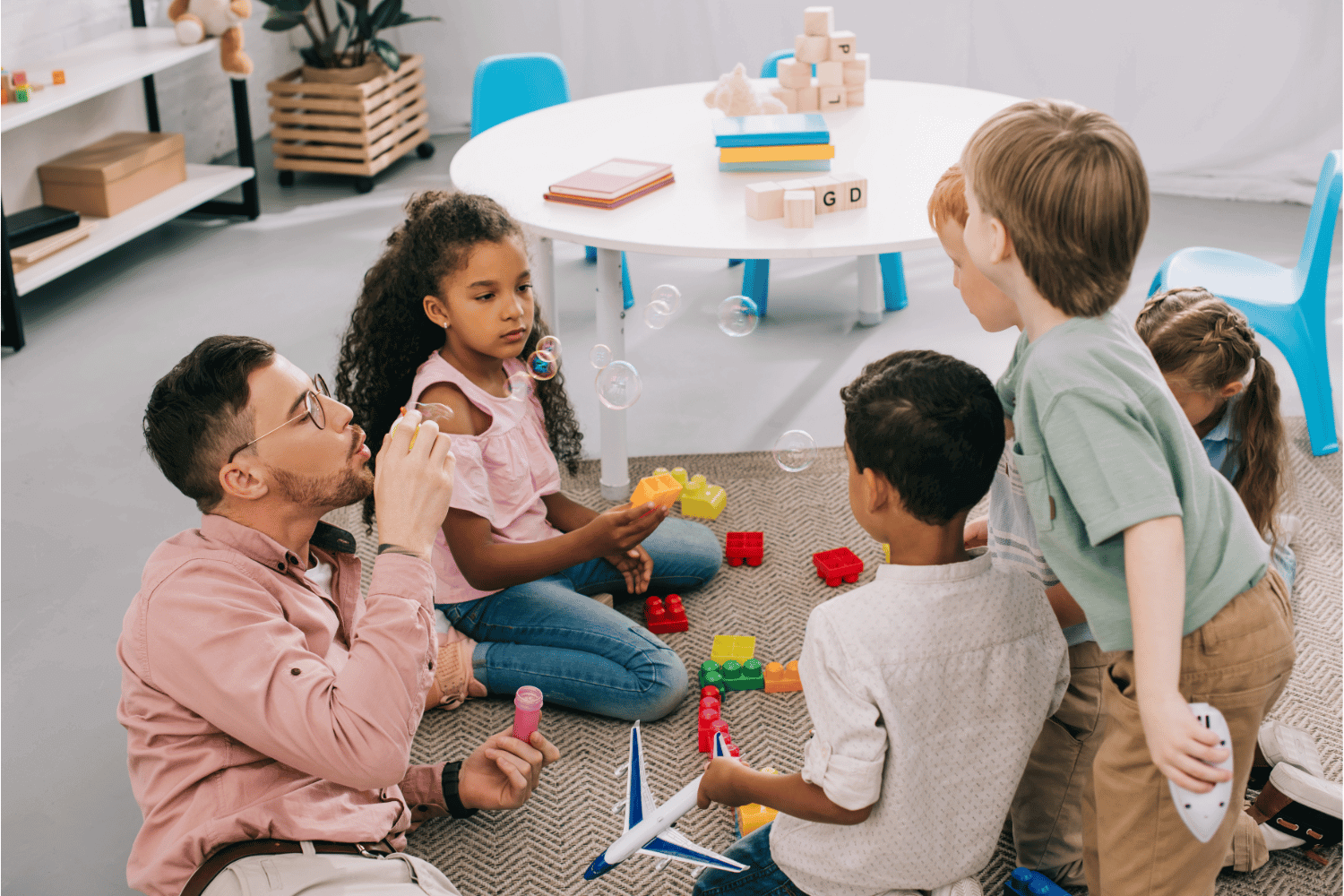
Montana Infant and Early Childhood Mental Health (IECMH)
Promoting well-being in young families through early relational health supports across the places where they live, learn and grow.
What is infant and early childhood mental health (IECMH)?
For infants and young children, mental health is more than development. It is about creating the ability to experience, manage and express their feelings in a healthy way, connecting with others and learning from their environment.
A child’s social and emotional growth and learning ties to their relationships and interactions with caregivers, their community and other important people in their life.
According to the Center on the Social and Emotional Foundations for Early Learning article “Research Synthesis: Infant Mental Health and Early Care and Education Providers,” social-emotional learning happens:
Through relationships with parents and other caregivers.
By exploring and learning from their environment.
When sharing their feelings and experiences with caregivers and other children.
These connections form the foundation for a child’s well-being, capacity to learn, self-regulate and navigate relationships and challenges through life. All adults who interact with a child contribute to forming that foundation - family, caregivers, and community.
Mental Health Includes Babies
According to an article published in April of 2023 by Zero to Three, “Yes, Mental Health Includes Babies,” infancy starts a critical period of time for brain development that advances at rates exceeding any other time during a person’s life. With each interaction, babies develop important pathways in their brains that shape their future social-emotional and cognitive functioning.
Early Childhood Relationships
According to the American Academy of Pediatrics, early relational health explores a child’s early relationships and experiences and the role they play in healthy development across a child’s lifetime. The evaluation of early relationship health has led to the conclusion that a child’s relationships should be:
Safe – free of physical or psychological harm.
Stable – the adult is dependable.
Nurturing – the child’s physical, emotional and developmental needs are sensitively and consistently met.
According to the Zero to Three article, “Early Relational Health and IECMH: what do they mean?” Early relationship health is the specific focus on framing the importance of healthy relationships between infants and young children and the important adults in their life through the context of family, community and culture.
Centering relationships as the foundation for lifelong well-being, the early relational health lens allows IECMH consultants to connect Montana's early childhood, health and mental health systems with a shared vision. Early relational health provides a strength-based framework for building strong beginnings through relationships.

Get Involved
Partner With Us in System Building.

